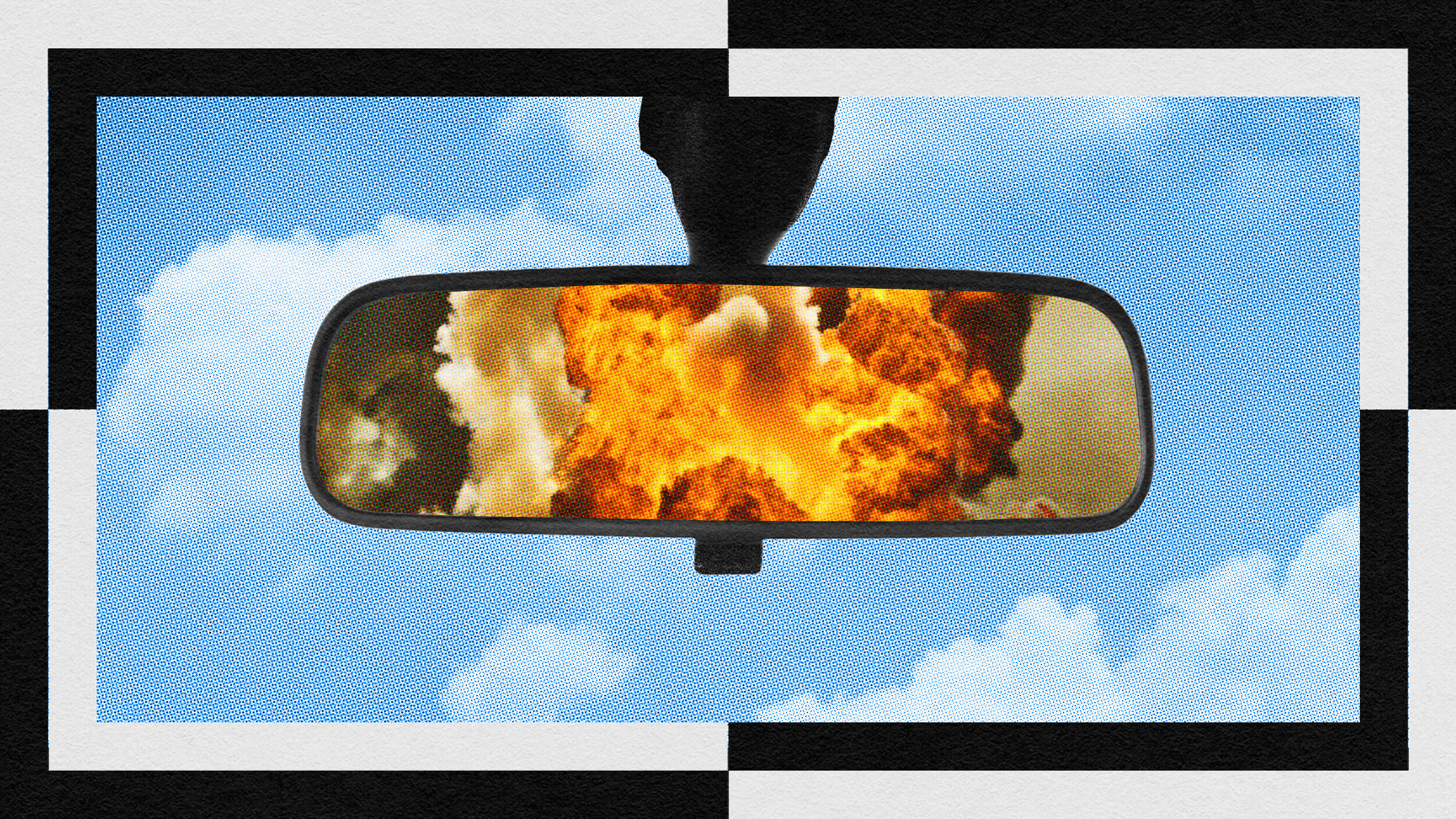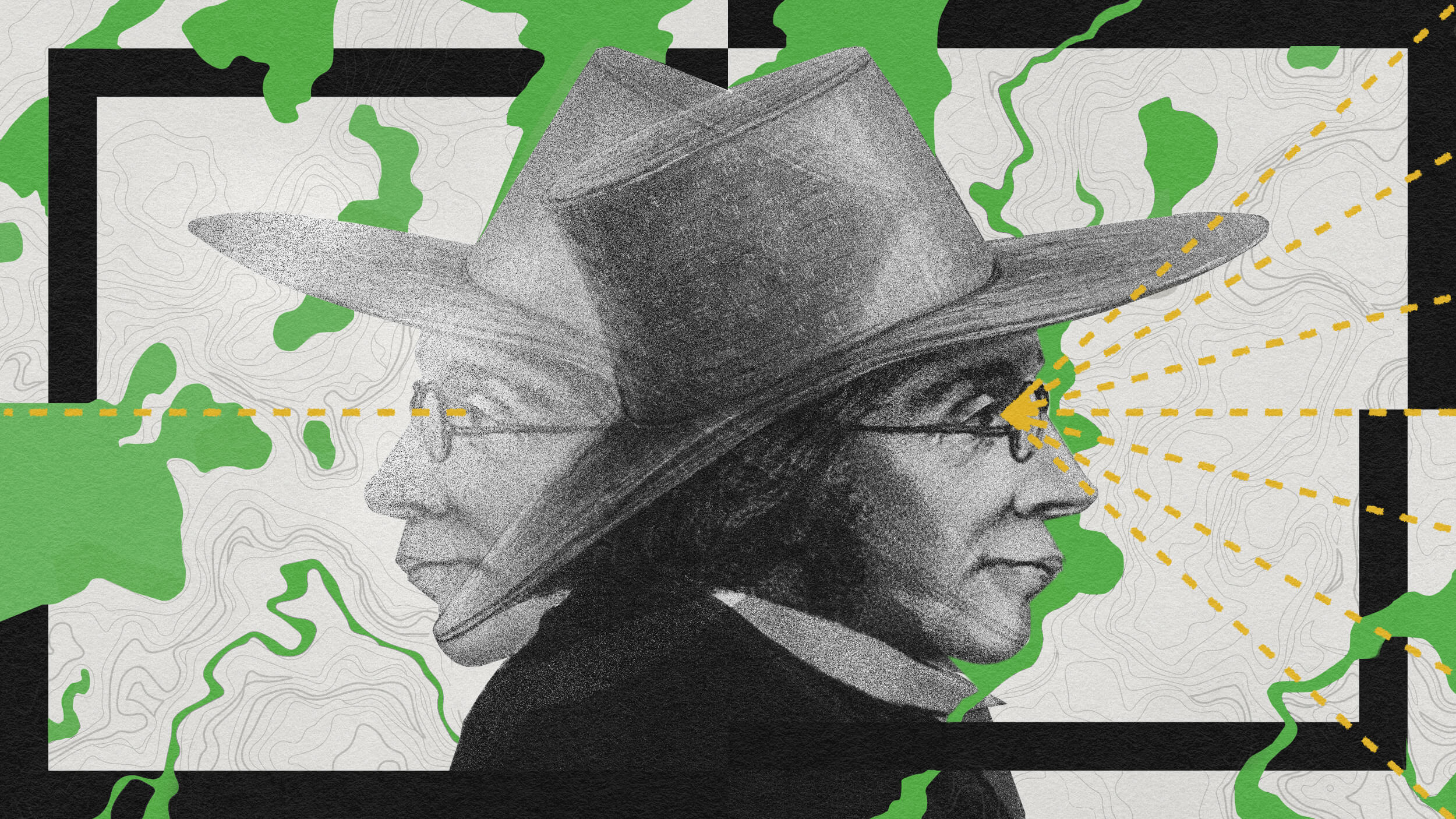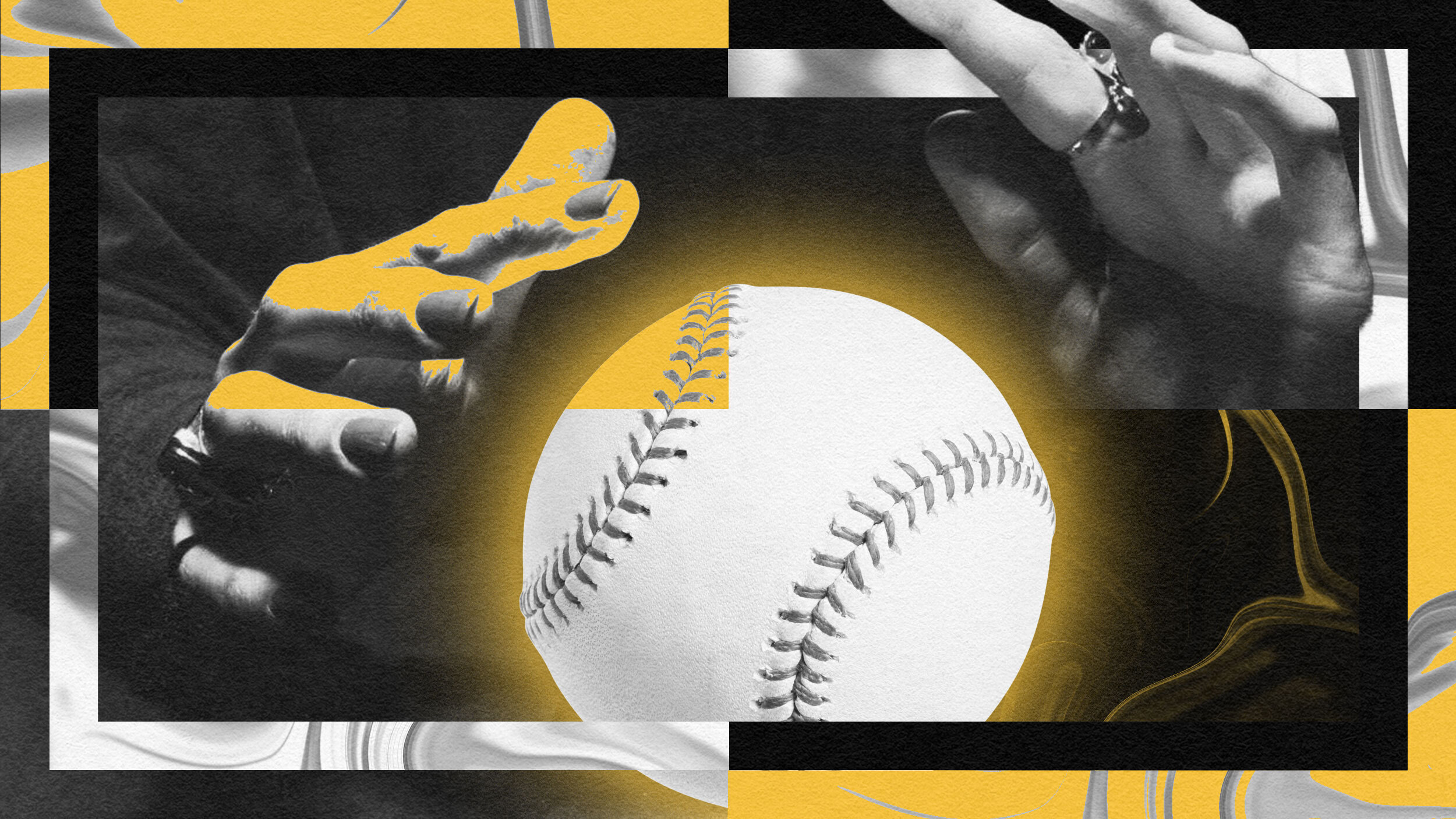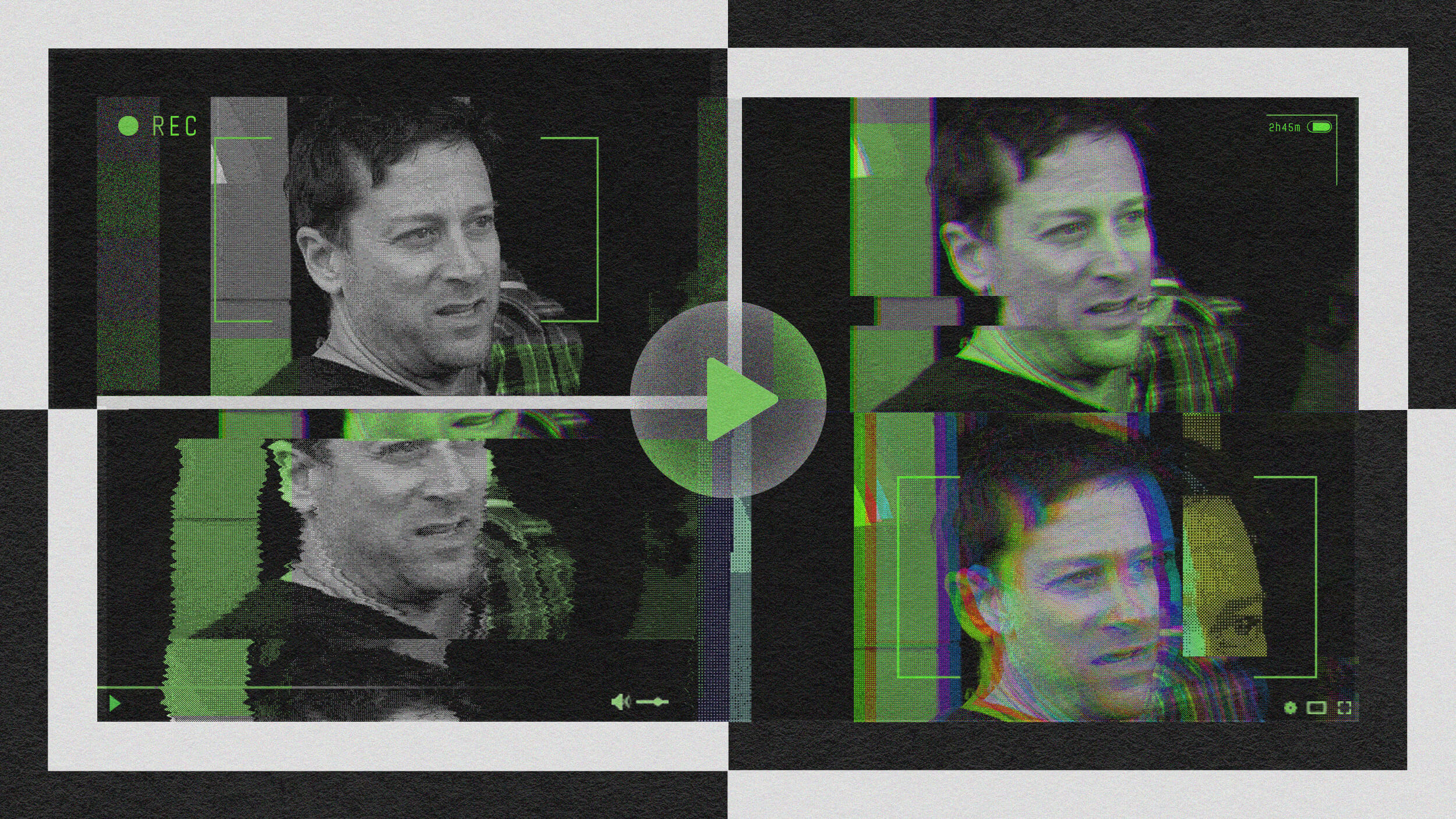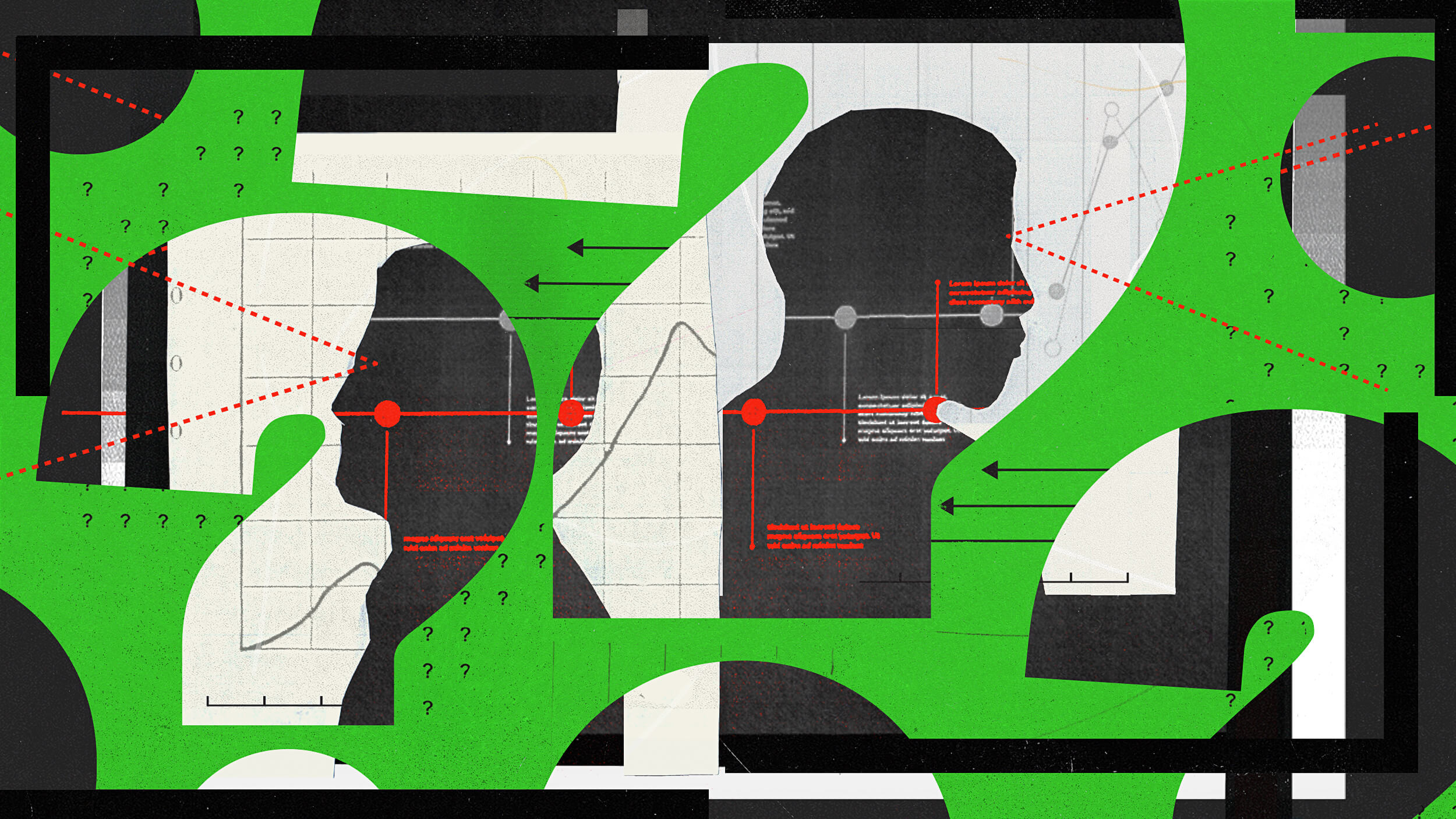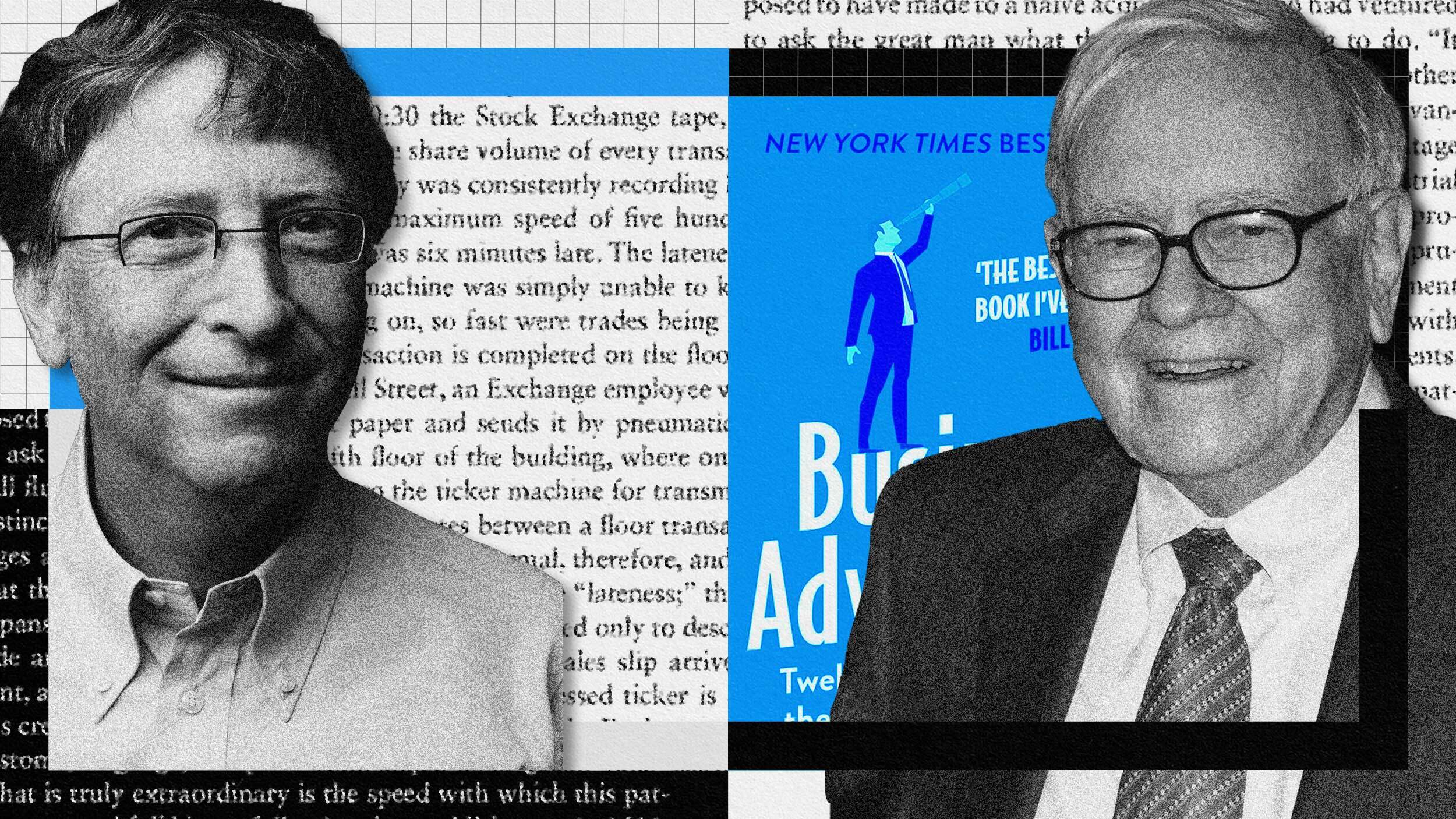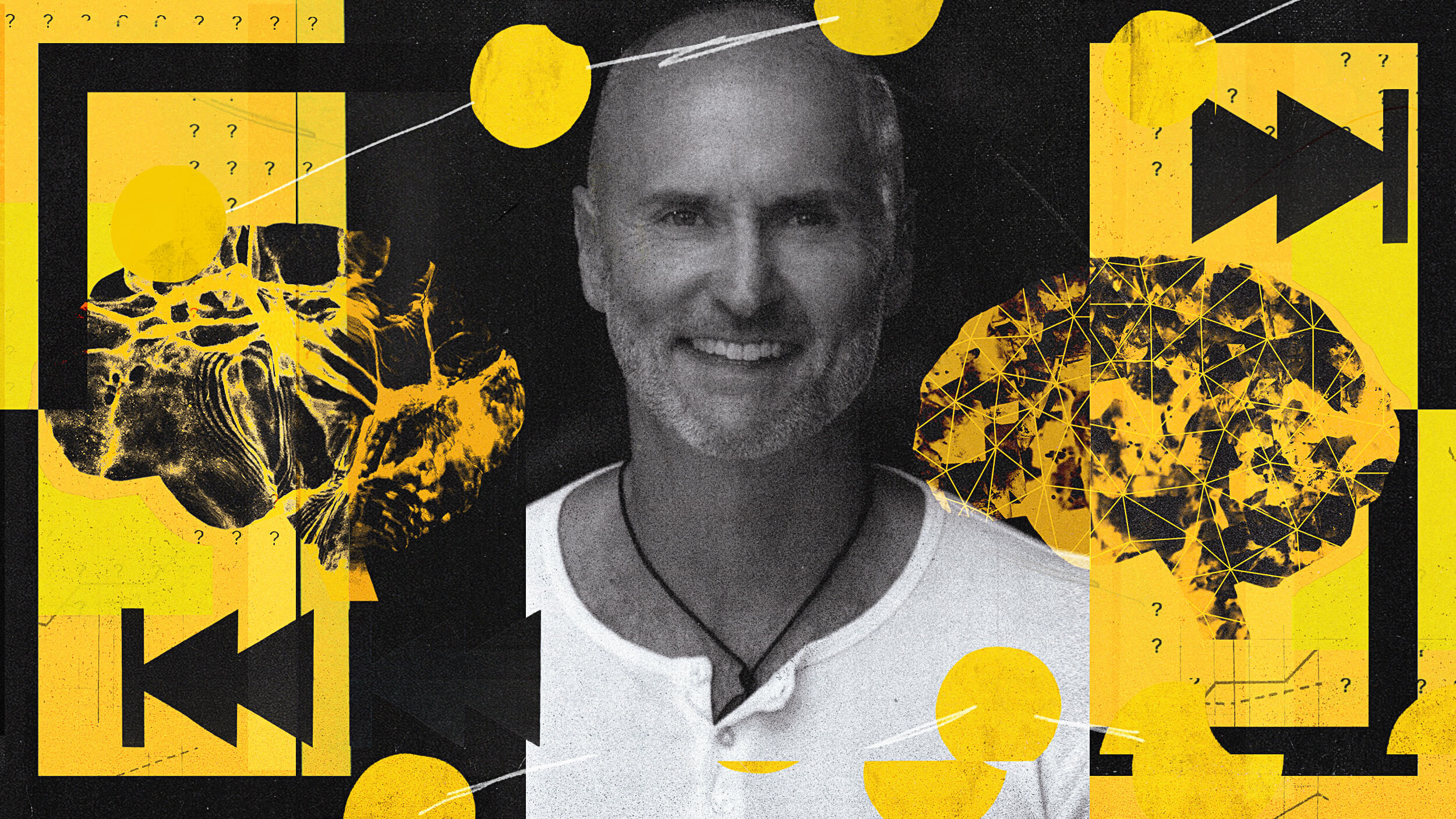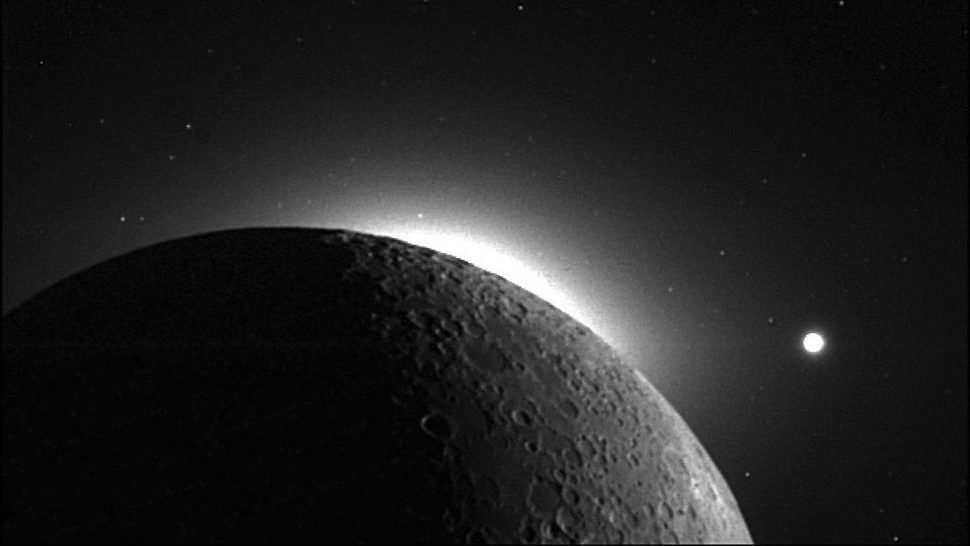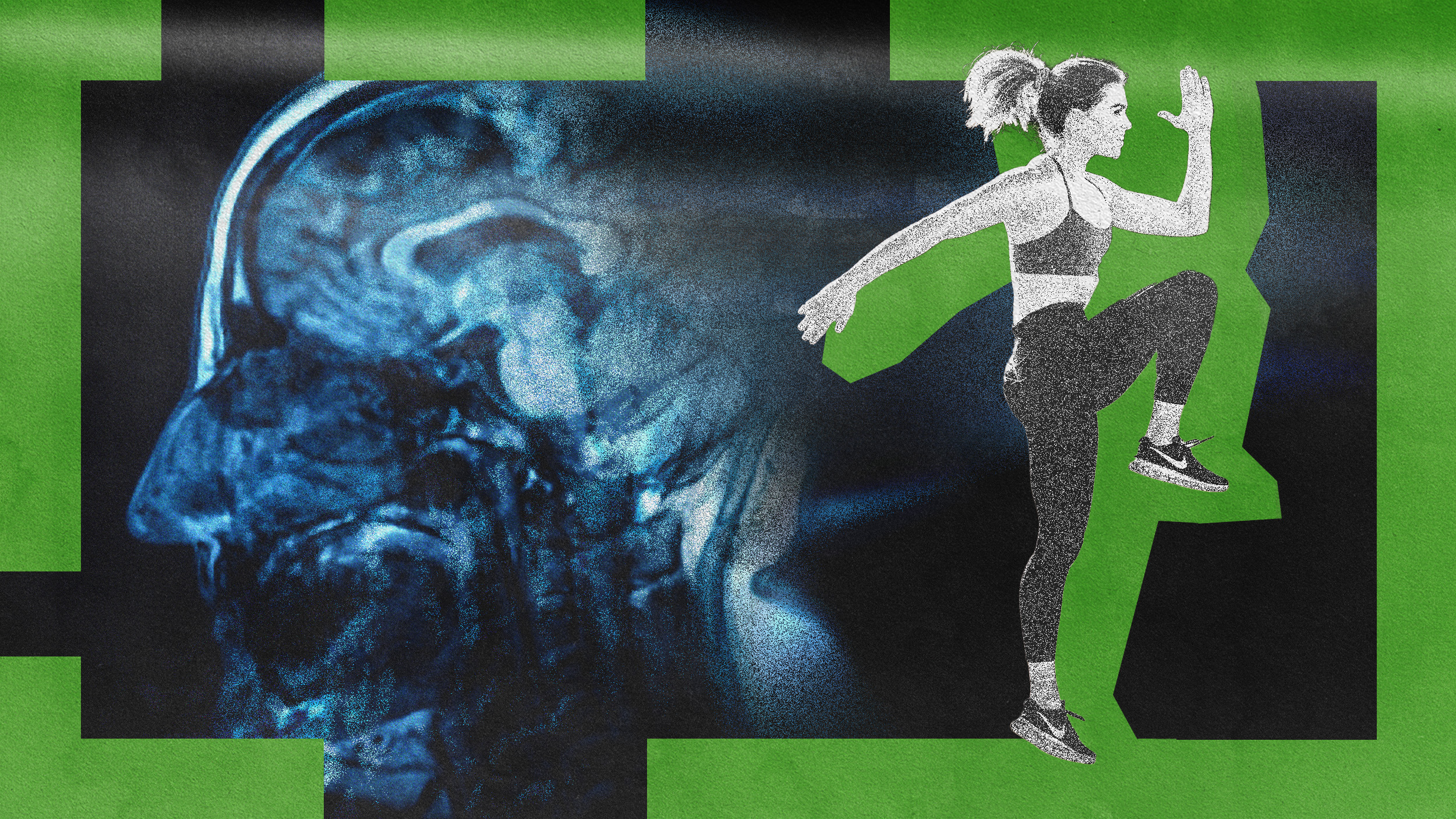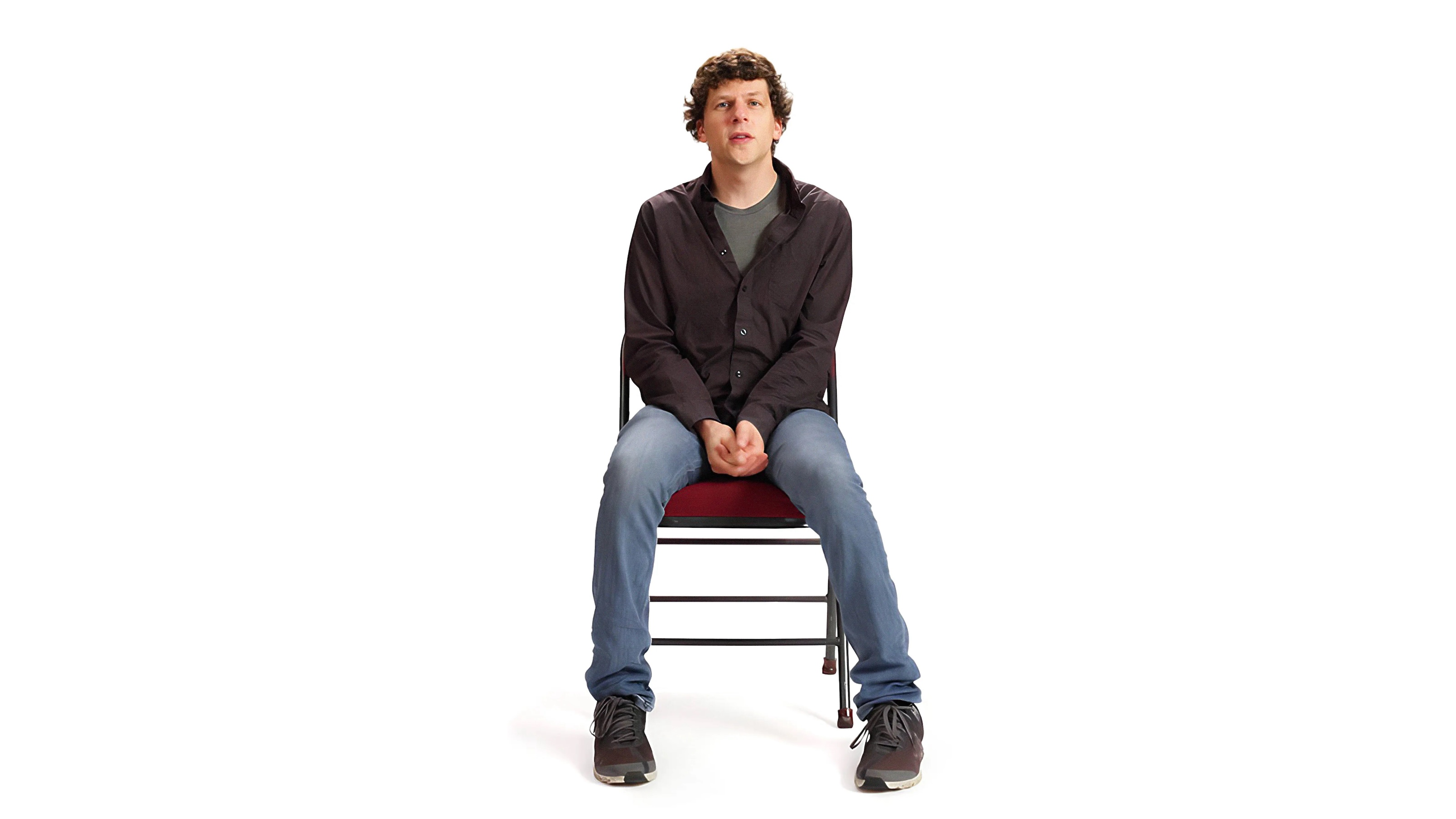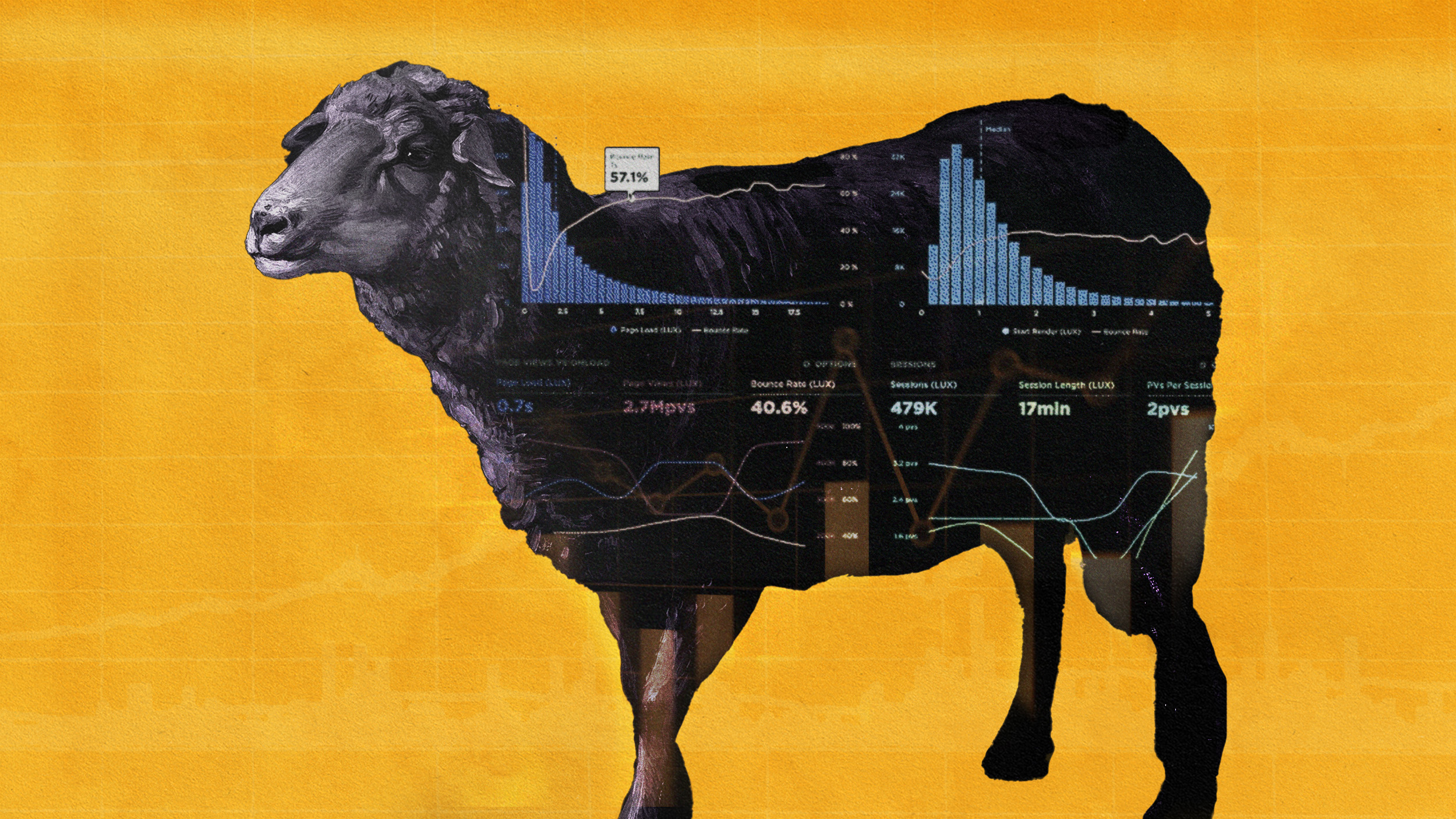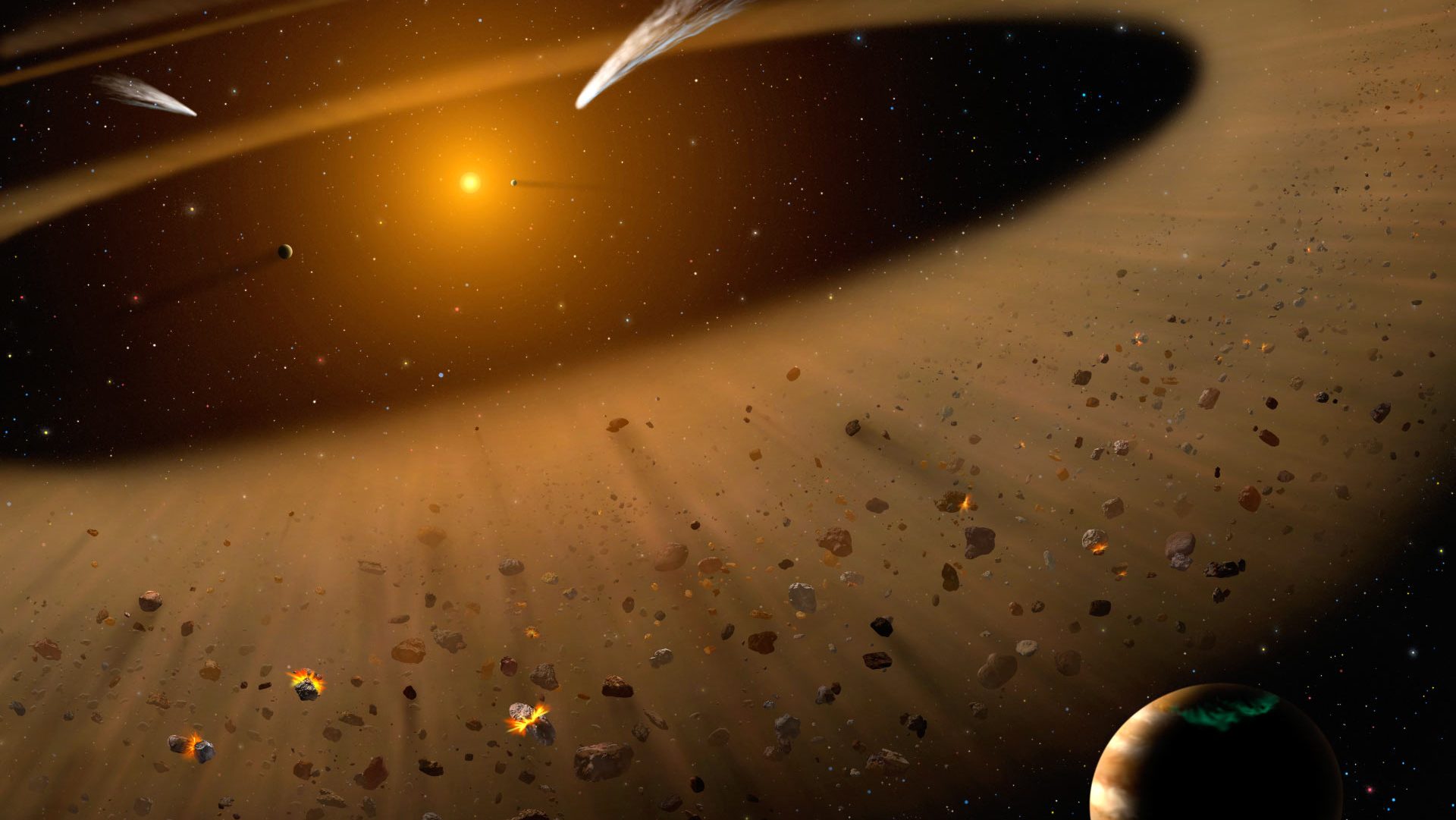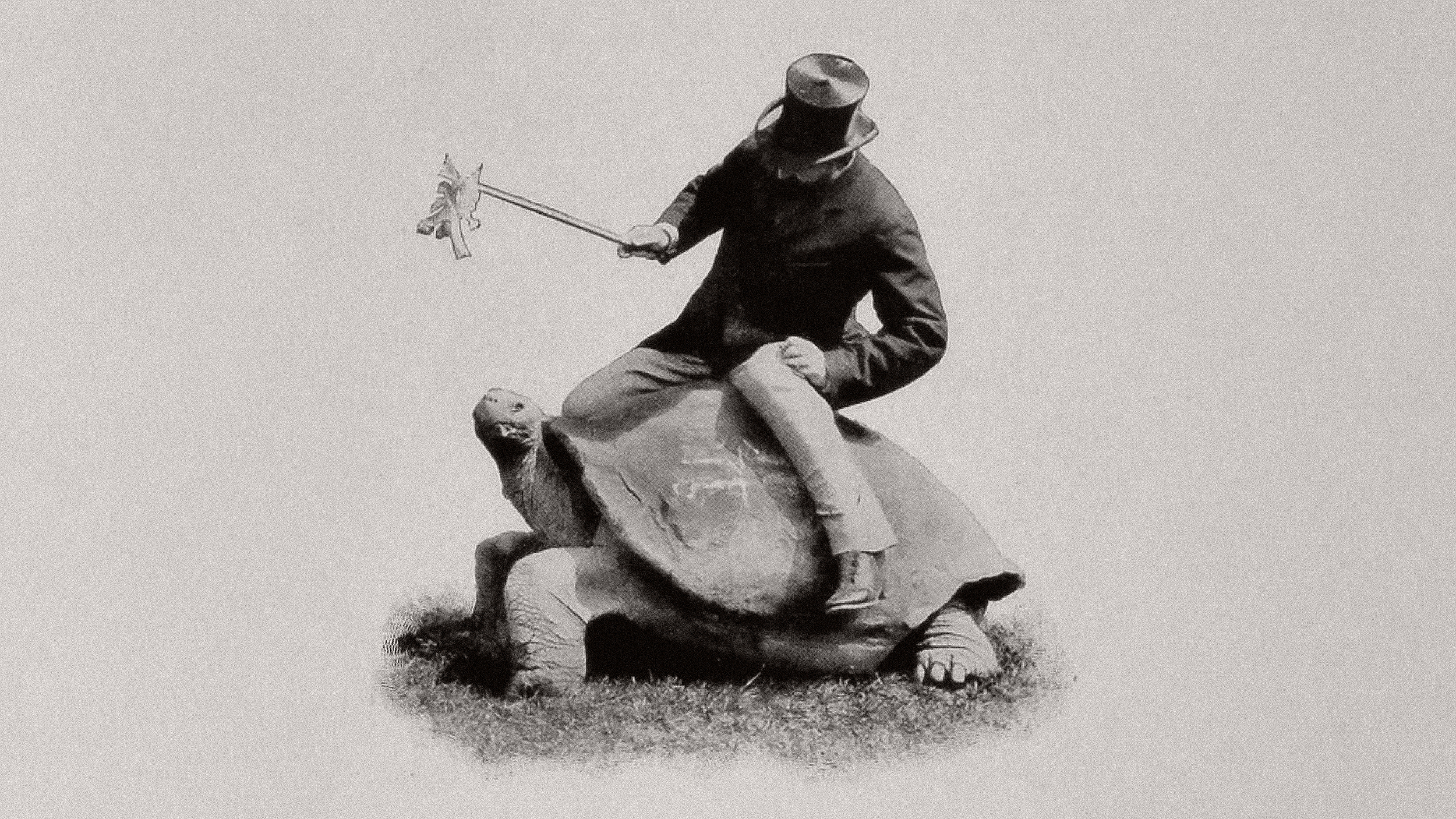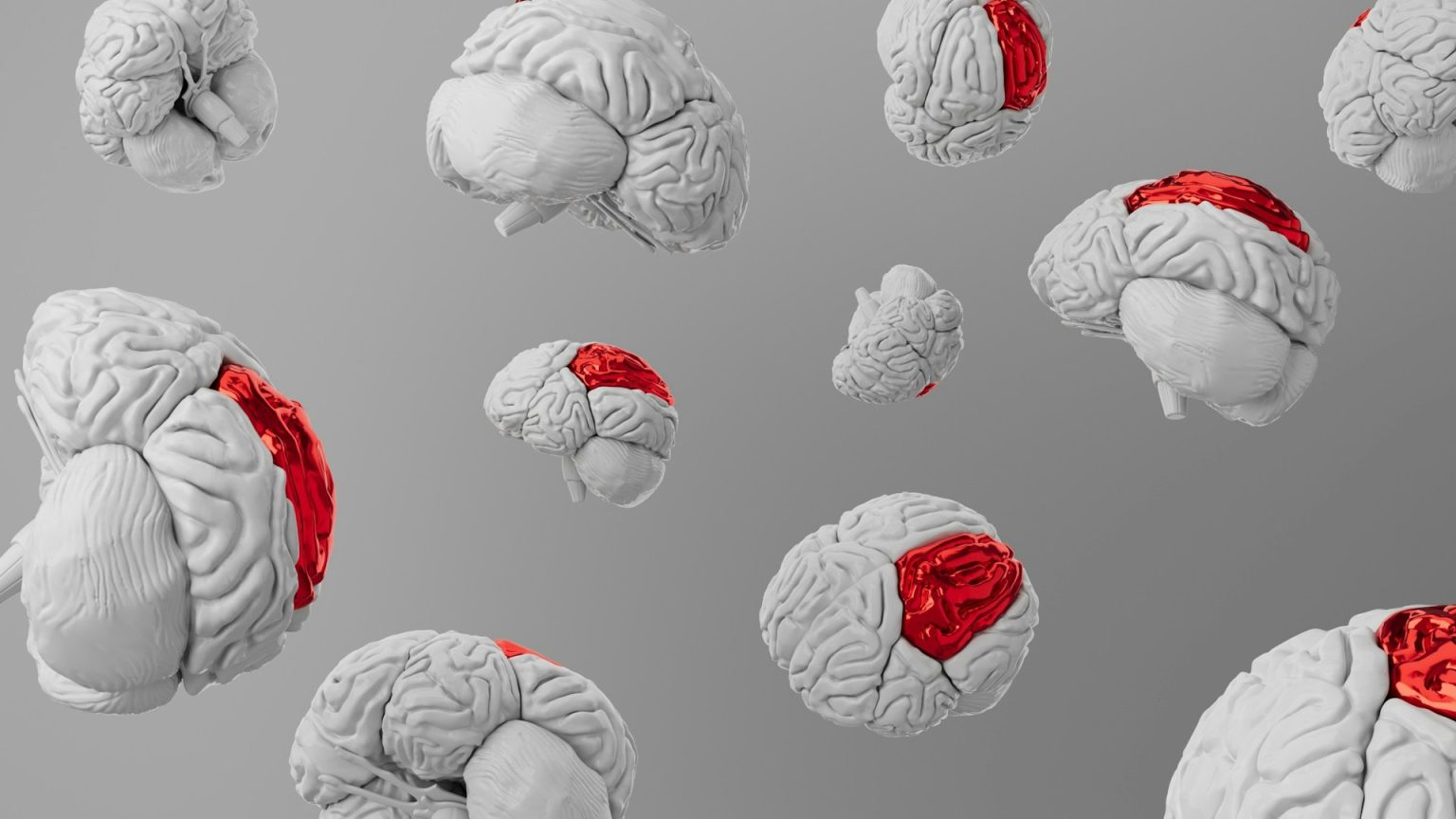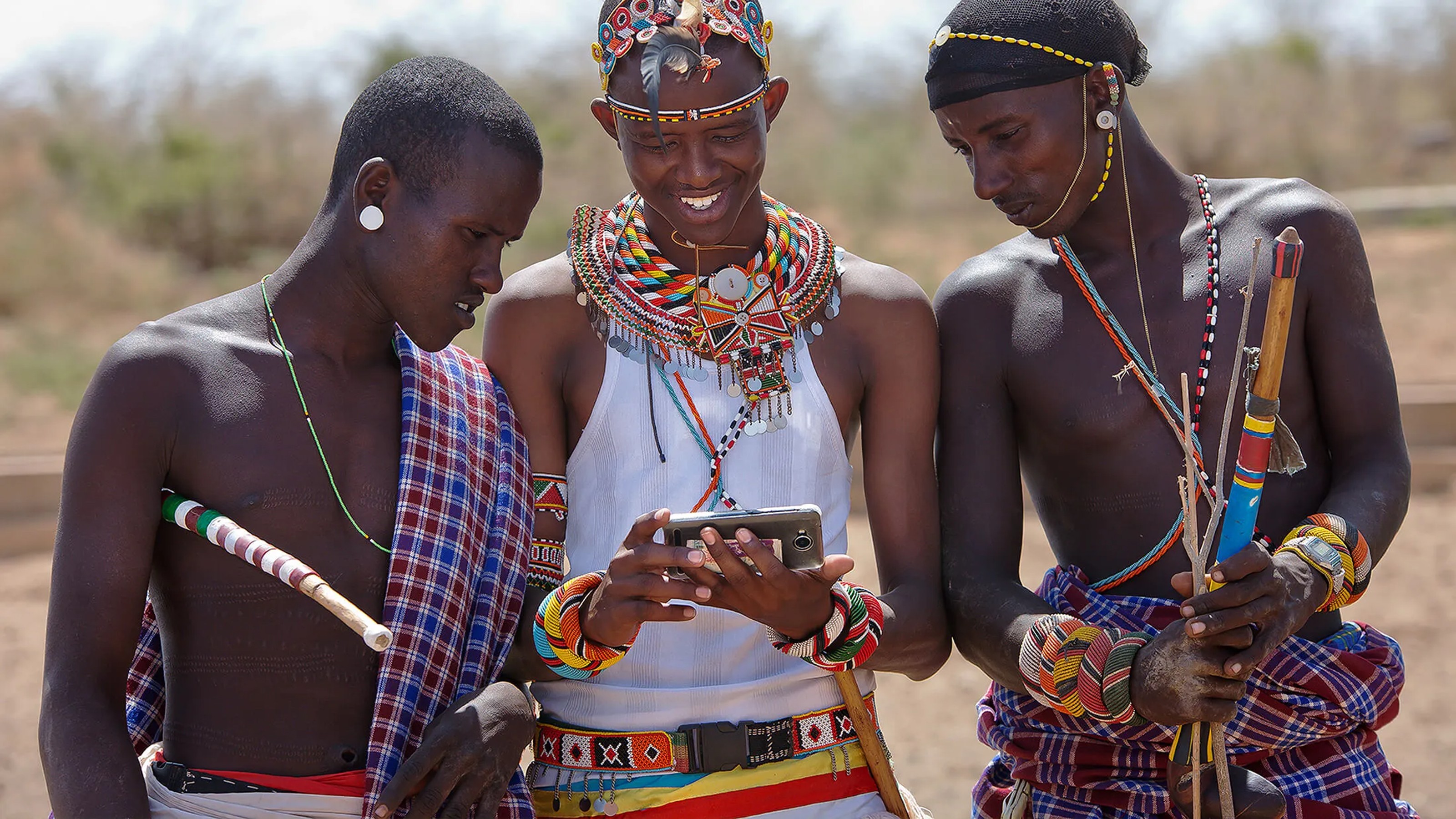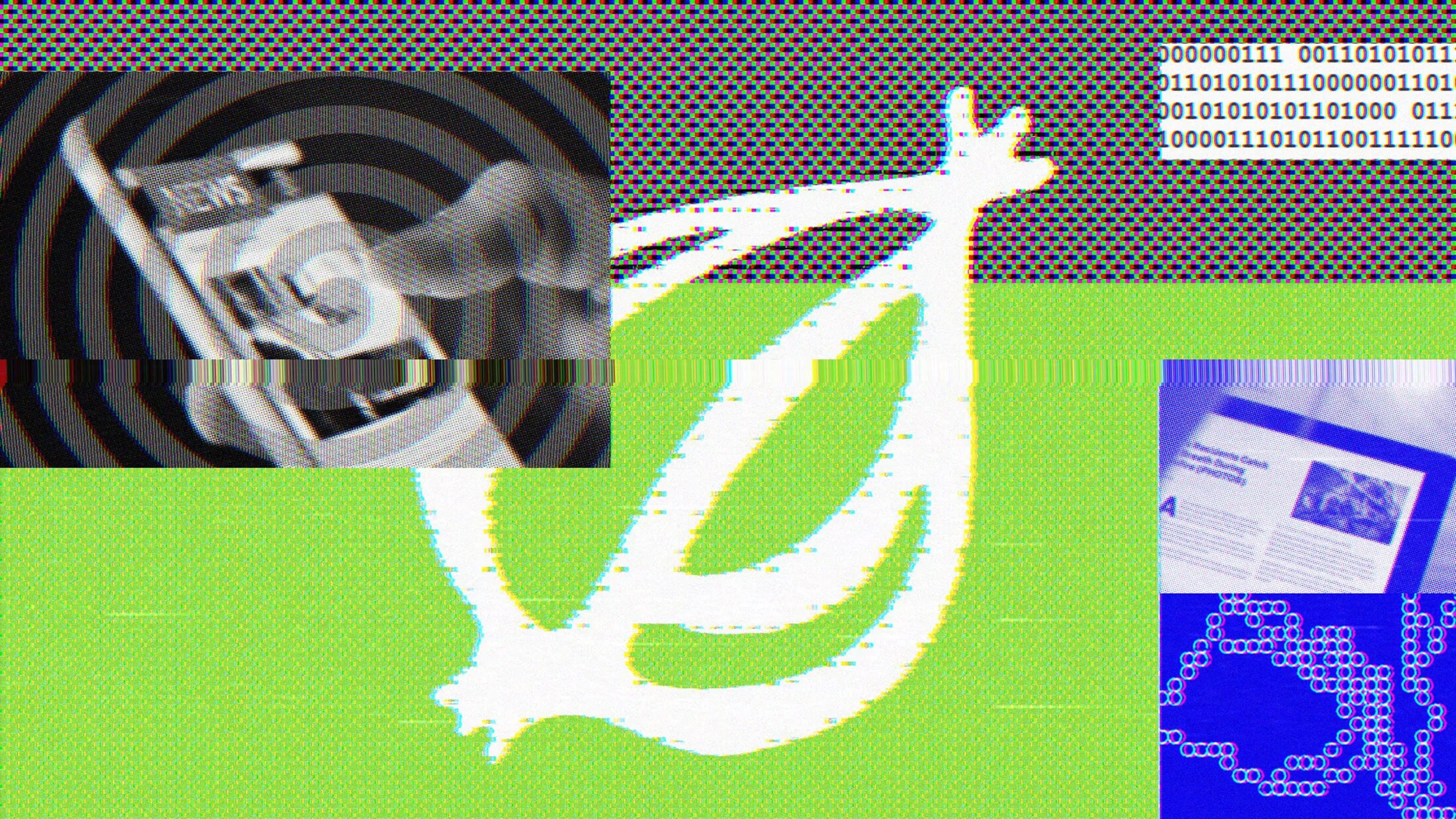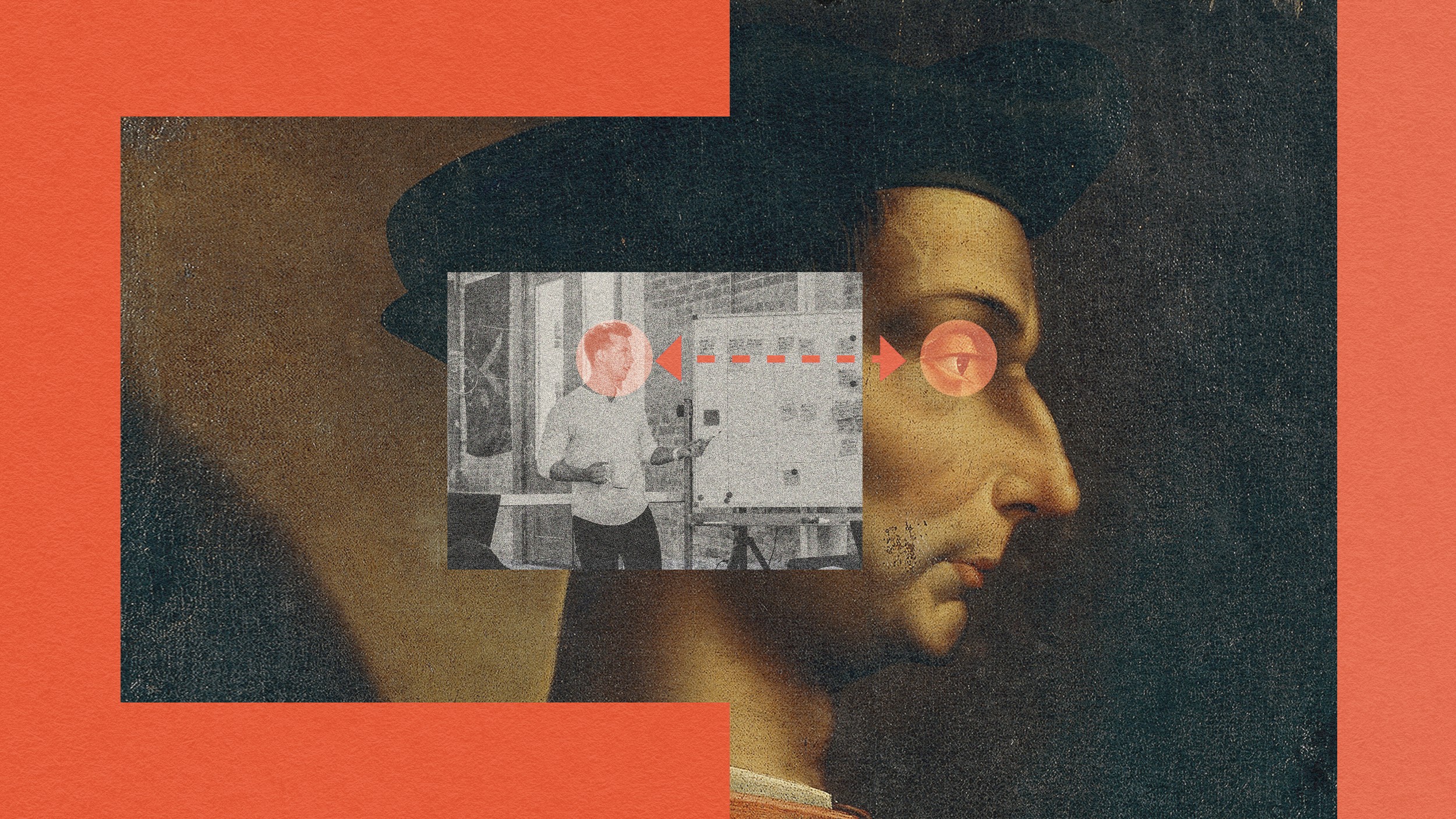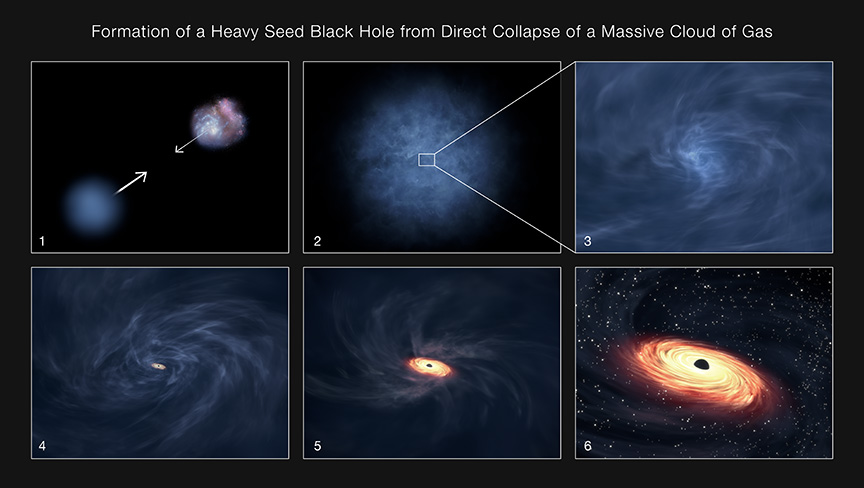Four startup founders explain how to derive lessons from the past while still looking ahead to what’s possible.
All Articles
After almost a century in print, “How to Win Friends and Influence People” still has lessons to teach us.
The Danish philosopher’s simple paradox — living forwards while looking backwards — can be translated into golden business insights.
Hindsight can cloud our predictive abilities but big data can de-mist forecasting — now AI is sharpening that focus.
The rise and fall of Josh Harris — the genius who anticipated the digital revolution just a little too soon.
AI researcher and author Ken Stanley wonders how our rear-view perspective on success fits into a serendipitous mode of innovation.
Carving out time for useful reflection is among the most valuable of leadership disciplines, explains “questionologist” Warren Berger.
“Business Adventures” by John Brooks was first published in 1969 and remains a must-read for all CEOs.
Chip Conley — founder and CEO of JDV Hospitality and Airbnb’s former Head of Global Hospitality and Strategy — maps out an inclusive path from hindsight to wisdom.
Whenever something goes wrong — in business as in life — we tend to get cause and effect totally muddled up.
David Novak — the cofounder, and former CEO and chairman, of Yum! Brands — celebrates the benefits of active, lifelong learning.
Why the best entrepreneurs should be more Obi-Wan Kenobi than Luke Skywalker.
Josh Kaufman — best-selling author of entrepreneurial classic “The Personal MBA” — explores an essential truth about all decision-making.
Big Think asks startup legend and VC heavyweight Ben Horowitz to reflect on his bestseller “The Hard Thing About Hard Things.”
Earth, the only rocky planet with a large, massive satellite, is greatly affected by the Moon. Destroying it would cause 7 major changes.
Could exercise be more effective than recently approved drugs?
A-list lessons for better work-life collaboration — direct from the movie set.
Everyone has to learn about sex somehow. Today, billions of people are learning about it from porn.
Going against the grain is often difficult — but necessary for outperformance over the long-term.
Straddling the bounds of science and religion, Newton wondered who set the planets in motion. Astrophysics reveals the answer.
In the 1970s, James Lovelock proposed that the biosphere was not just green scruff quivering on Earth’s surface. Instead, it managed to take over the geospheres.
When caught between the urge for wholesale change and fear of stasis, the best approach is to take it easy.
How do normal matter and dark matter separate by so much when galaxy clusters collide? Astronomers find the surprising, unexpected answer.
“The brain is never the same from one moment to the next throughout life. Never ever.”
Such discoveries help researchers better understand the development of molecular complexity in space during star formation.
And, more importantly, what’s being done to get them online?
What you can learn about media by parodying it from the print era into the digital age.
There’s a fine line between ambition and ruthlessness.
You will need determination, humility, and courage if you are to master anything.
Even in the very early Universe, there were heavy, supermassive black holes at the centers of galaxies. How did they get so big so fast?
